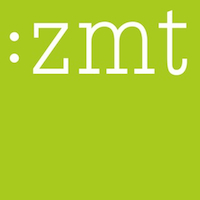To report site rules violations or get help, contact a site moderator:
You can also contact site staff by submitting a support request » Poll: Are Large Language Models ready for legal translation?
| ||||||||||||||||||||||||||||||||||||||||||||||||||||||||||||||
Your current localization setting
español
Close search





















